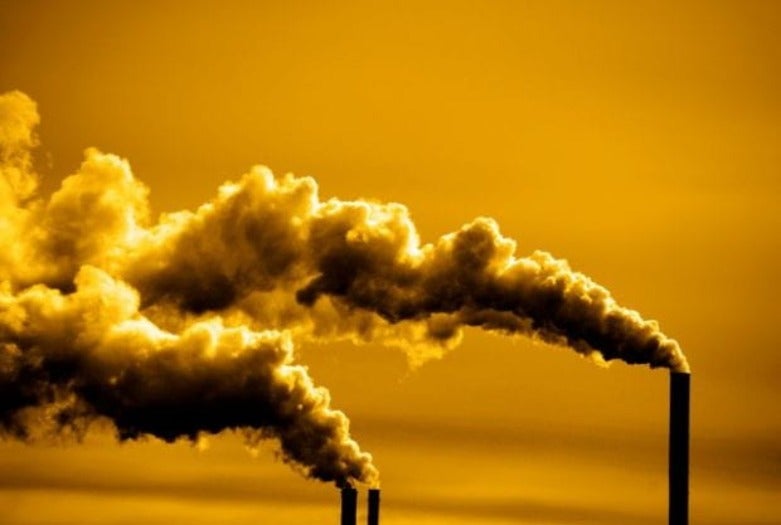Texas needs to take the lead on carbon capture, say Baker Institute experts
HOUSTON -- (Jan. 28, 2021) –Texas, with advantages in everything from its geology to its workforce, should become a leader in carbon capture, according to a new report from Rice University’s Baker Institute for Public Policy.
“Expanding Carbon Capture in Texas” provides a road map for expansion of carbon capture, utilization or storage (CCUS) in the state. The report also details how Texas is primed to take the lead in the transition to a lower carbon future.
The research identifies legal and regulatory uncertainties that, if they’re not resolved, could impede the development of a CCUS value chain (the capture, transport and use or sequestration) in Texas.
The report is part of a project led by Kenneth Medlock, the James A. Baker III and Susan G. Baker Fellow in Energy and Resource Economics and senior director of the Center for Energy Studies at the Baker Institute, with support from the Cynthia and George Mitchell Foundation. It brings together representatives of industry, environmental groups, academia and other stakeholders in what organizers describe as “collaborative action to reduce industrial greenhouse gas emissions in the Texas Gulf Coast region.”
Expanding the use of CCUS is paramount to substantially reducing carbon dioxide emissions, as detailed by the International Energy Agency in a flagship report released in September 2020.
The paper was co-authored by Medlock and Keily Miller, research manager at the Center for Energy Studies. The researchers outline the development of a CCUS value chain, which faces coordination problems, and how legal, regulatory and commercial encumbrances can hinder development. For one, the authors note that stakeholders agree the state should clarify jurisdiction for state regulatory authority of Class VI wells for permanent storage of CO2 and apply for primary enforcement authority, or primacy, from the federal government. Other issues identified include underground pore space access for storage, CO2-specific unitization, eminent domain, liability and fiscal incentives, some of which may be more difficult to resolve than others. Finally, the authors present potential pathways for growth of CCUS in the state.
“As consumers and investors increasingly reveal preferences for lower CO2 emissions, market agents are shifting their investment and marketing strategies,” the authors wrote. “This provides an opportunity for regulators and policymakers to reduce uncertainties that can impede investment, and explore fiscal measures that provide value to legacy industries and create pathways for growth in new industries.”
This is certainly true for the CCUS value chain, which can underpin decarbonization efforts associated with traditional oil and gas activities in Texas and support additional investments to grow the hydrogen industry, the authors said. Using hydrogen as a fuel in heavy transport and in port facilities will also benefit local air quality, which could encourage CCUS adoption, they said.
The researchers also recommend Texas authorize and study the use of fiscal policy measures to support CCUS value chain development, which would help determine whether such a measure would be good for the state.
Finally, the authors note research and development are critical to decarbonization. They stress the importance of direct support for new innovations, citing as precedent the recent advancements in wind and solar technologies.
“Given the importance of hydrocarbons to the Texas economy, a robust R&D portfolio that focuses on efficiency improvements in existing CCUS technologies, new combustion processes, expanded uses of hydrogen produced from hydrocarbon feedstocks, new carbon-based materials and new uses for CO2 in industrial processes and power generation can contribute greatly to the health of Texas’ economic and environmental future,” they wrote.
-30-
Related materials:
Paper: www.bakerinstitute.org/media/files/files/8e661418/expanding-ccus-in-texas.pdf
Follow the Baker Institute via Twitter @BakerInstitute.
Follow the Baker Institute’s Center for Energy Studies via Twitter @CES_Baker_Inst.
Follow Rice News and Media Relations via Twitter @RiceUNews.
Founded in 1993, Rice University’s Baker Institute ranks as the No. 1 university-affiliated think tank in the world and the No. 1 energy think tank in the world. As a premier nonpartisan think tank, the institute conducts research on domestic and foreign policy issues with the goal of bridging the gap between the theory and practice of public policy. The institute’s strong track record of achievement reflects the work of its endowed fellows, Rice University faculty scholars and staff, coupled with its outreach to the Rice student body through fellow-taught classes — including a public policy course — and student leadership and internship programs. Learn more about the institute at www.bakerinstitute.org or on the institute’s blog, http://blog.bakerinstitute.org.


